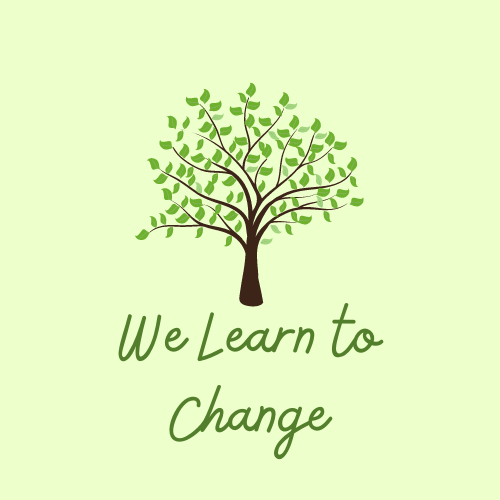A Course for Exploring This Essential Question

https://heather-maccorkle.medium.com/list/9535a9f7bbdb
Course Description
Ask students the important essential question: “Why do writers write?” You will hear they write to inform, explain, persuade, or entertain. This course explores the many reasons writers write that expand on that correct answer.
In this course, students will make connections between cultural context, personal history, and the urge to create. By surveying several historical periods and the writers who lived then, students will deduce patterns (and exceptions to those patterns) in the writer’s journey toward being a contributor to, and commentator on, the culture in which they lived.
The journey begins in the present and proceeds backward to help students build on what they know to learn something new. Texts include poetry, drama, fiction, and nonfiction. All text explorations are supported with historical texts, including video, audio, journalism, essays, and nonfiction.
Most importantly, it is through this coursework that students begin to understand their reactions to their environment, and how their environment influences their drive, determination, and contribution to society. This understanding is just one step toward becoming “life ready.”
Side Note
Toni Morrison famously said, “If there’s a book you want to read, but it hasn’t been written yet, then you must write it.” She also said, “Books are a form of political action. Books are knowledge. Books are reflection. Books change your mind.”
Apparently, there were many books she wanted to read — and she wanted others to read — to better understand human society, because she was a prolific, thought-provoking author.
Texts
Here is a sample list of foundational texts we will explore.
- “Poem Resisting Arrest,” by Kyle Dargan
- “Still I Rise,” by Maya Angelou
- “The Bees,” by Audre Lorde
- “America” by Claude McKay
- Poetry of Protest, from The Poetry Foundation
- The House on Mango Street, by Sandra Cisneros
- Beloved, by Toni Morrison
- Slouching Toward Bethlehem, by Joan Didion
- “Ballad of Birmingham” by Dudley Randall
- The Poetry of World War II, from The Poetry Foundation
- The Sun Also Rises, by Ernest Hemingway
- Dubliners, by James Joyce
- The Poetry of World War I, from The Poetry Foundation
- The Red Badge of Courage, by Stephen Crane
- Pride and Prejudice, by Jane Austen
- Oliver Twist, by Charles Dickens
It’s likely this list would change year-on-year, depending on the students in the class.
The question we would ask before, during, and after reading the foundational text is: “Why did the writer write this?” This would lead to an exploration of supporting materials, such as expert analysis, journalism, video, history books, and essays.
Before Reading
We set the historical, biographical, and psychological context for the text or text set we are about to explore. What happened that could have influenced the writer? How do we know? What does it mean?
During Reading
While reading, we will revisit the before reading work. Literature teachers select parts of the text and help students make connections to what we learned before we started reading.
After Reading
Discussion groups and essays help students select evidence from the foundational text and supporting materials to create a synthesis essay about the work and how it is a response to the context of the time in which it was written.
Final Project
The student would choose how to present their final project. For example, one student might record a video and another might write a long-form essay. What the teachers are looking for is a thoughtful and thought-provoking response to the essential question, “Why do writers write?”
Thank you for reading this post. It’s an offshoot of the dream school series I started a couple of weeks ago. If you would like to read those articles, please see the reading list at the top of the article.
